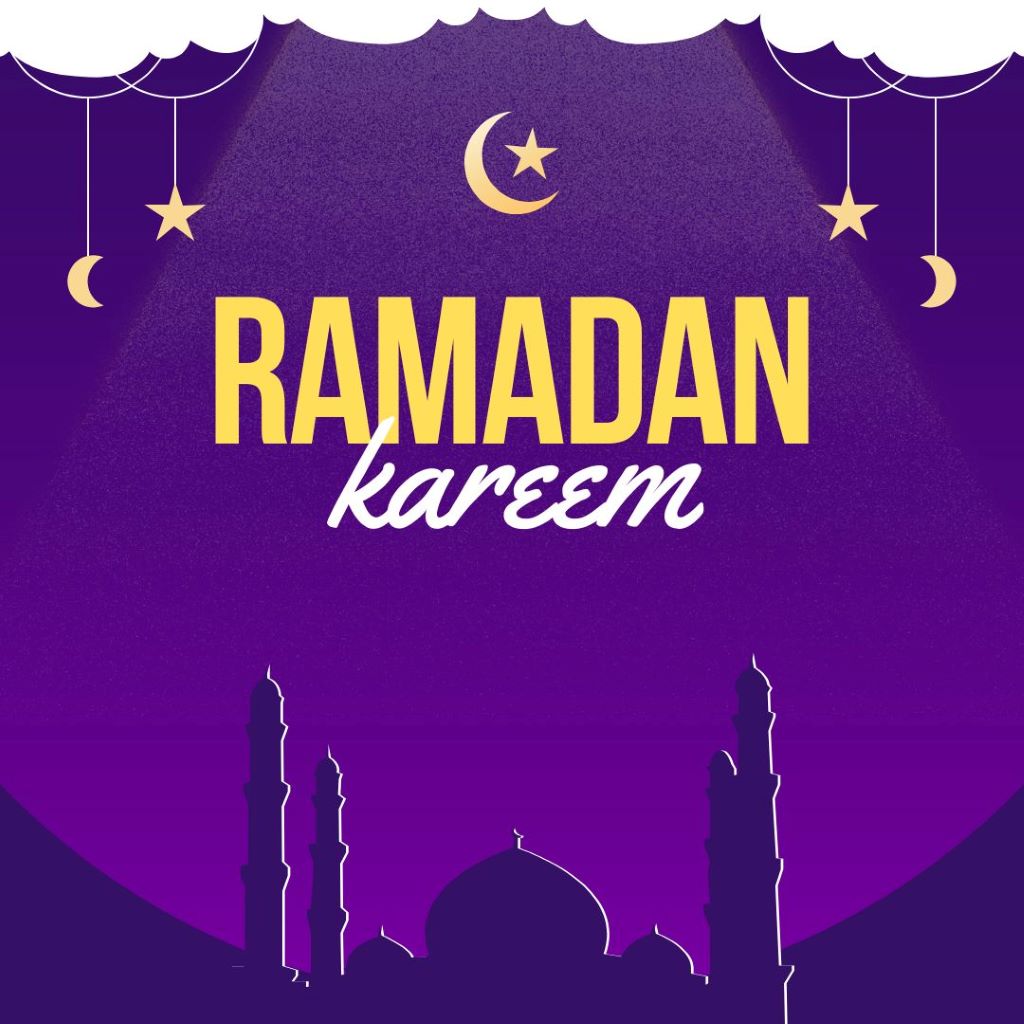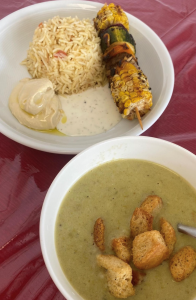Ramadan is the ninth month of the Islamic Calendar. This month is also referred to as the month of fasting. Muslims all over the world will be observing fasting, also referred to as Sawm in Arabic. It is estimated that over one billion Muslims around the world will participate in this spiritual exercise.
According to Encyclopedia Britannica, Ramadan begins and ends with the appearance of the crescent moon. Because the Muslim calendar year is shorter than the Gregorian calendar year, Ramadan begins 10–12 days earlier each year, allowing it to fall in every season throughout a 33-year cycle.
Islamic tradition recognizes that it was during Ramadan, on the “Night of Majesty (Laylat al-Qadr), that Allah (God) revealed the Qurʾān, Islam’s holy book, to the Holy Prophet Muhammad “as a guidance for the people.” Laylat al-Qadr is commemorated on one of the last 10 nights of Ramadan, usually the 27th night.
In Canada, Ramadan started at sunset on March 23 and to end at sunset on April 22 this year. Ramadan is one of the most important celebrations of each year and it is observed by Muslims worldwide.
There are 7 (seven) basic facts about Ramadan that need to be known in order to better understand this holy month.
1.Ramadan is the holiest month of the Islamic calendar. The month of Ramadan is a commemoration of the revelation of Islam’s holy book, the Quran, to the prophet Muhammad. This occurred during the ninth month of the Islamic calendar, and the observance of Ramadan has become one of the most important pillars of Islam as a religion.
2.The start and end dates of Ramadan change each year. Ramadan shifts each year because its observance is based on a lunar calendar (the Islamic calendar is 354 days long). For example, Ramadan 2023 will begin at sunset on March 23 and end at sunset on April 22.
3.Muslims are obliged to abstain from more than just food and drink. The month of Ramadan is a time for discipline, prayer, and thoughtfulness. Fasting is required and intended to make people more aware of their relationship with God. Between the hours of sunrise and sunset, no food or drink is permitted. Additionally, Muslims are expected to abstain from sexual relations, smoking, and sinful behaviors like lying and gossiping.
4.Each day begins and ends with a meal. All Muslims are expected to continue on with their normal lives, whether working or going to school, while fasting during Ramadan. This means they must eat enough between sunset and sunrise to have enough energy for the day. An early wake-up call is followed by suhur, a small meal eaten before sunrise and before the first of the day’s daily prayers. Once the sun sets, it is time for iftar (“breaking the fast”), a larger feast traditionally eaten in a family or community setting.
5.Recitation of the Holy Quran and praying are extra important. Throughout the year, Muslims pray five times every day. During the holiest month which is Ramadan, Muslims are expected to become even closer with God through extra prayers and the reading of the Quran. The tarawih are special prayers held each night during Ramadan in most mosques around the world, involving the reading of long portions of the Quran. Many Muslims seek to read the entire Quran, which comprises 30 chapters, during the month of Ramadan.
6.The month of fasting ends with a big celebration called Eid al-Fitr (“Feast of breaking the fast”), the celebration of the end of Ramadan occurs at sunset on the night when a crescent moon can first be seen. In Canada, this is expected to be the night of April 21, 2023. This is one of the biggest annual celebrations of the Islamic world, typically involving prayers and sermons during the day, followed by large family and community gatherings after sunset. With the obligation to fast lifted, it is a time to eat, drink and be merry!
7.Charity is one of the most important aspects of Ramadan. In addition to fasting and prayer, giving to those in need is one of the core values of Ramadan. Zakat, the giving of a certain percentage of one’s income to the poor, is an obligation for all Muslims who have the ability to give. Many people choose to give during Ramadan, when generosity to the needy is thought to have an even more positive effect on one’s soul.
I celebrate with all Muslim residents of the St. James Town Community for witnessing another month of Ramadan (The Fasting) Month. Ramadan Kareem!



